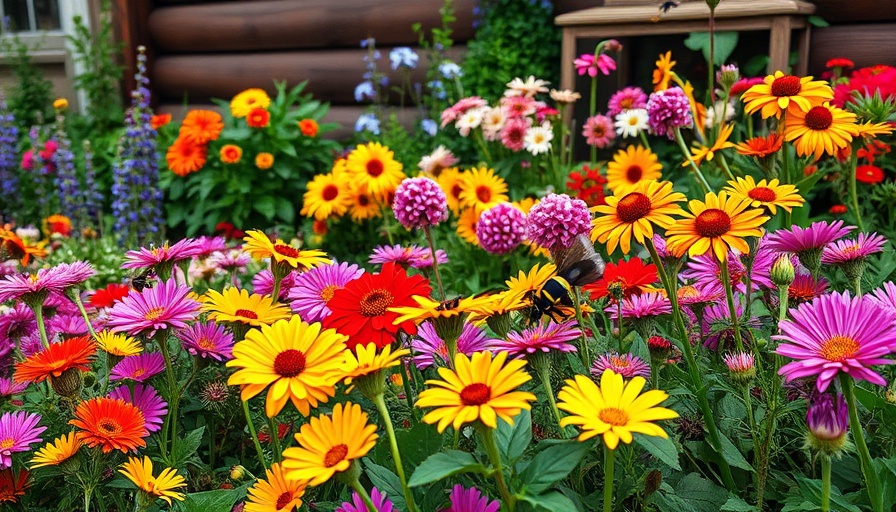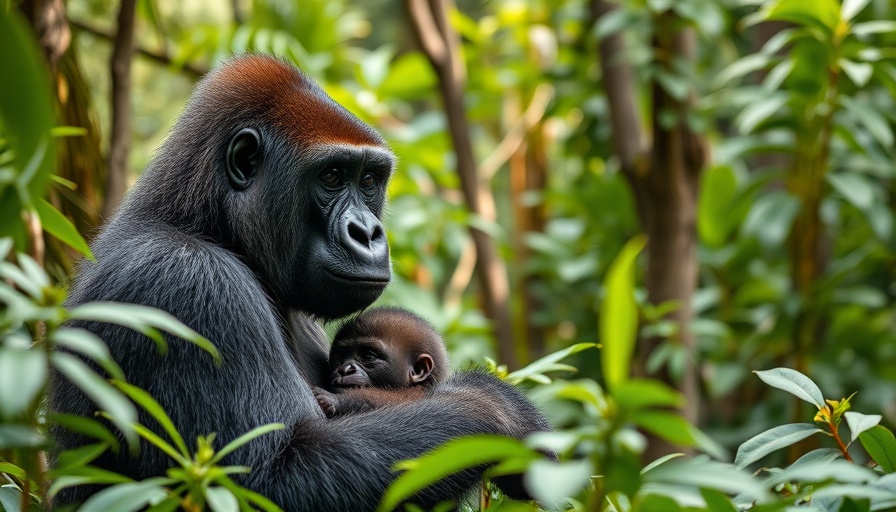
Insects are facing a crisis that is hard to ignore. With their numbers plummeting, recent surveys, including the alarming Bugs Matter Citizen Science Survey, revealed that bug splatter incidents in the UK have dropped by an astonishing 63 percent since 2021. This shocking decline tells us that our buzzing, crawling friends are in distress, and it’s time we think of ways to help them thrive.
Understanding the Importance of Insects
Insects play critical roles in our ecosystems. They are the unsung heroes of our gardens, pollinating flowers, controlling pests, and enhancing soil health. When we protect them, we foster robust gardens that attract not only insects but also the songbirds, butterflies, and other wildlife we all love. A flourishing insect population means a healthier environment.
Turn Off Unnecessary Lights at Night
Did you know the glow of city lights sabotages insect navigation? Many insects, like moths, rely on natural light sources for navigation, and artificial lights can lead to fatal disorientation. The simple act of switching off lights at night, or installing timers and shades, can help combat light pollution, allowing insects to thrive as they once did.
Let the Leaves Lie and the Grass Grow
Cleaning up the garden might seem like a good idea, but leaving fallen leaves and uncut grass can be a boon for many insects. This organic matter provides essential habitat and breeding grounds for beetles, spiders, and bees. Research shows that raking leaves can diminish spider numbers by 67% and reduce butterfly populations by 45%. By simply allowing nature to take its course in our backyards, we can help restore balance in our ecosystems.
Plant Pollinator Flowers
Creating a vibrant garden for pollinators can be as easy as following the ‘3 x 3 x 3’ method. Select three native flowering species for each of the three growing seasons — spring, summer, and fall — then plant three of each in various garden spots. This simple strategy aids pollinators tremendously. As a fun fact, up to 90% of North American caterpillar species rely on just 14% of native plants for survival, an affirmation of the role specific plants play in sustaining biodiversity.
Provide Water Sources
In drought conditions, insects struggle to find water. The solution can be as simple as a small birdbath or water dish to offer them a respite. By ensuring these little watering holes are available in your garden, you are supporting the lifeline that sustains innumerable beneficial insects.
Practical Tips to Enhance Your Garden for Insects
Implementing insect-friendly practices shouldn’t feel like a chore. Consider doing the following:
- Feeding your plants natural fertilizers to promote healthy growth.
- Choosing native plants that require less maintenance and provide more nourishment for local insects.
- Minimizing or completely eliminating herbicides and pesticides that harm beneficial insect populations.
These actions reflect a commitment to sustainability and can result in a rich, vibrant ecosystem right at your doorstep.
Common Misconceptions About Insects
There’s a widespread distaste for insects, often rooted in misconceptions about their dangers. However, less than 1% of insects are harmful to humans and pets. Most play crucial ecological roles that support the environment — from processed food and pollinated crops to natural pest control. Educating ourselves and those around us about the importance of insects can shift our perspective and encourage more people to support their habitats.
By taking these small yet impactful steps, we can emerge as proactive stewards of the environment. Each tiny act adds up to a larger movement towards balance and restoration in nature. Let’s make the world a better place for our insect companions!
Are you ready to support the bug crisis? Consider incorporating these actionable insights into your daily life and share them with your community. The health of our planet depends on our collective efforts to foster an environment where all species can thrive. Join the movement today!
 Add Row
Add Row  Add
Add 




Write A Comment